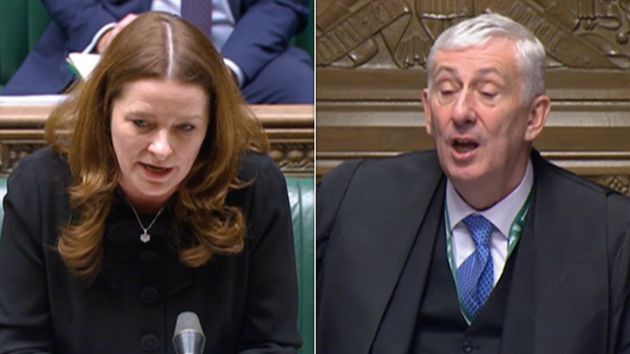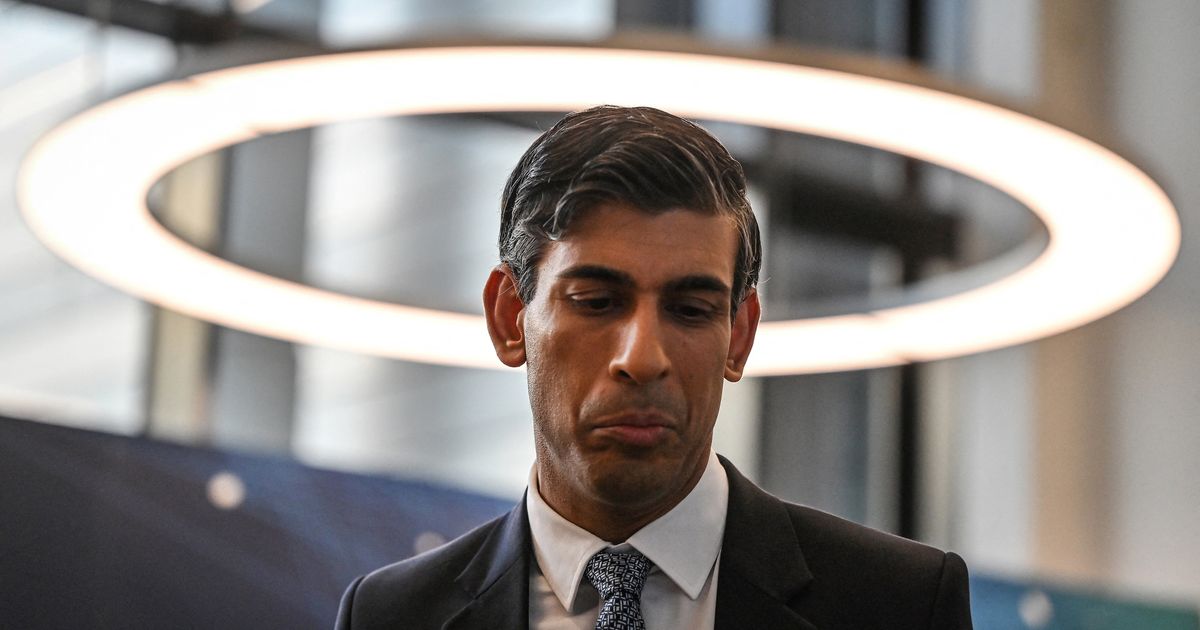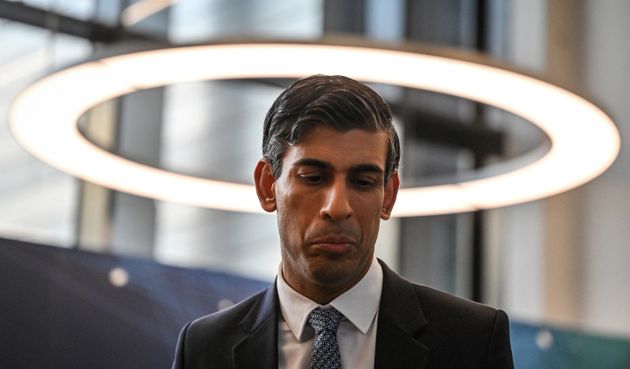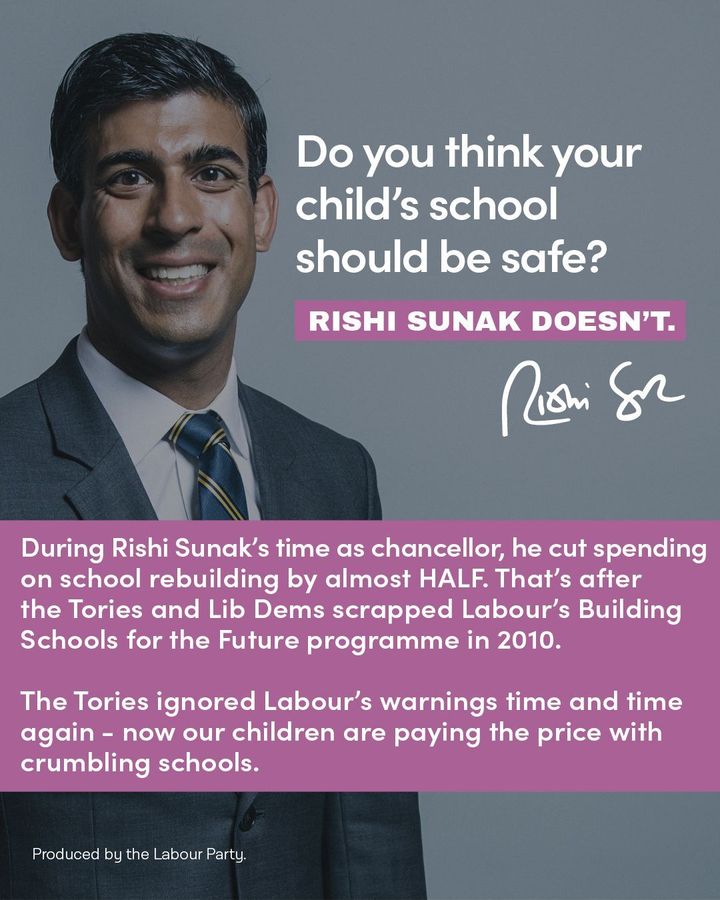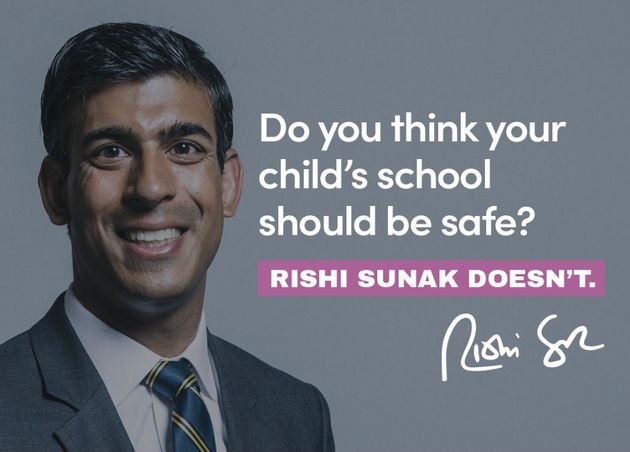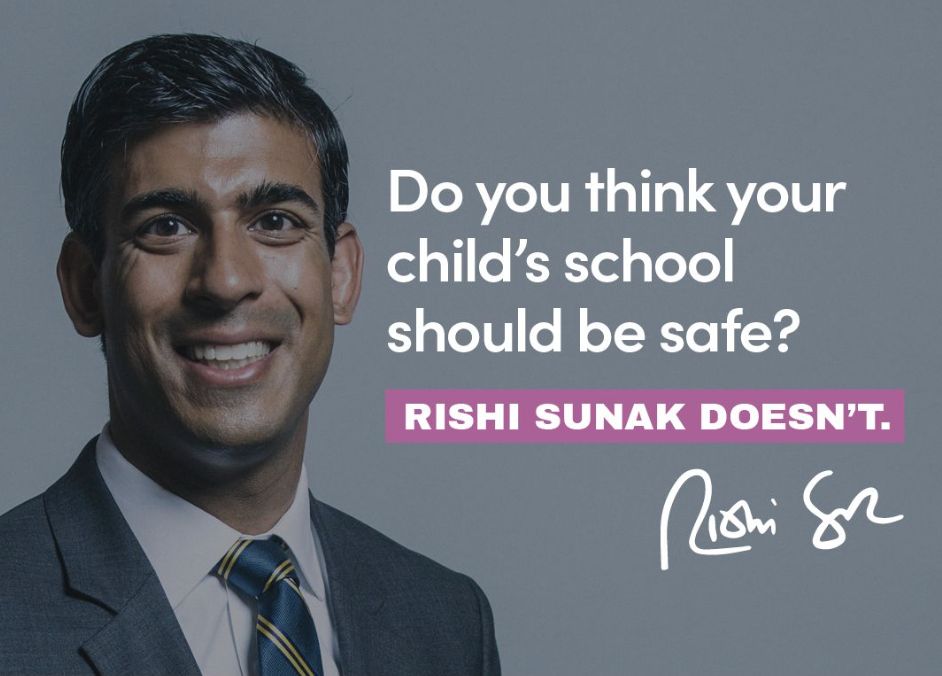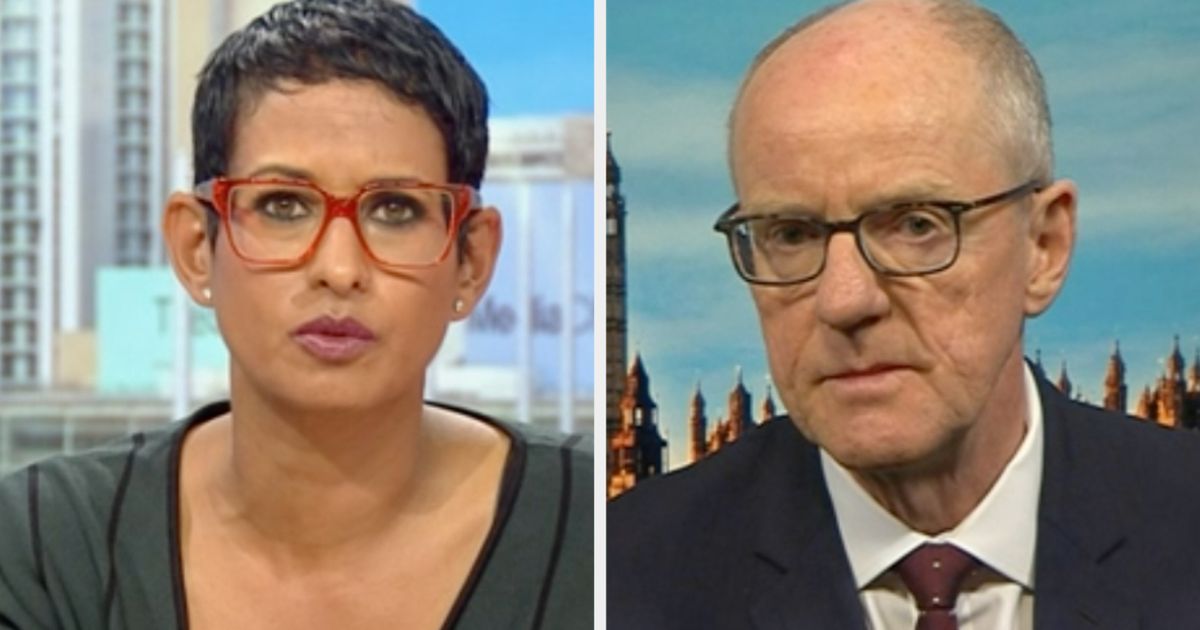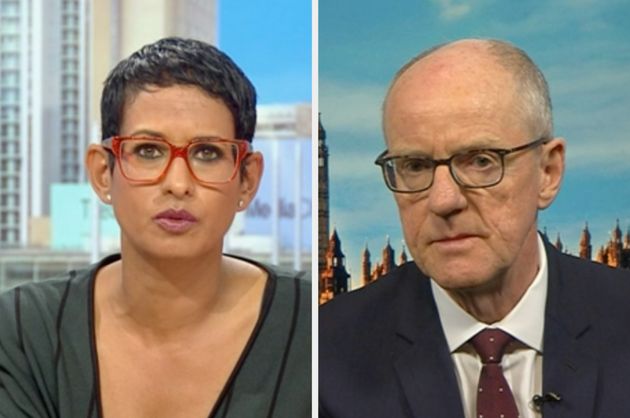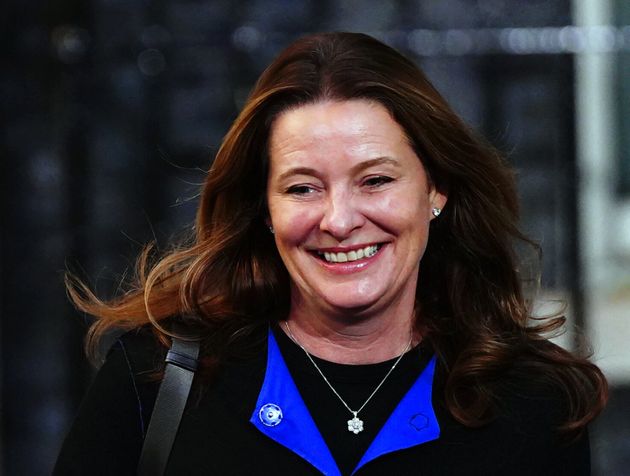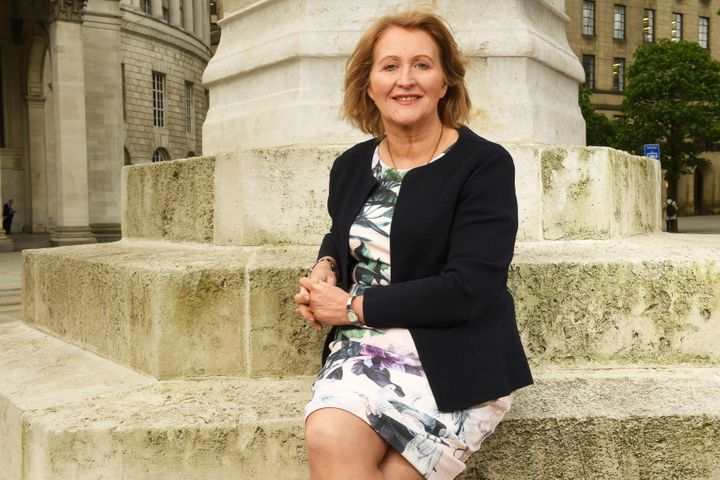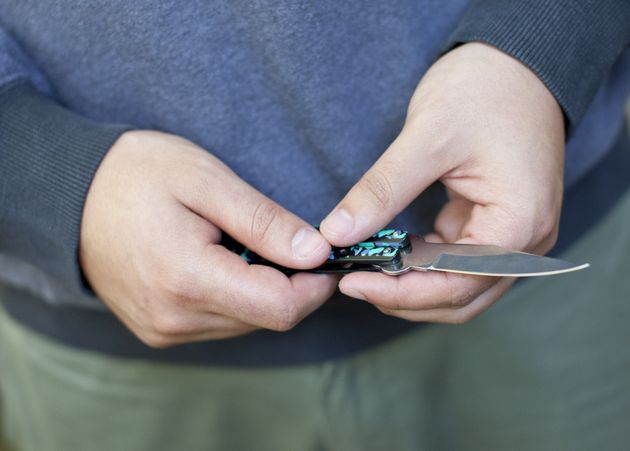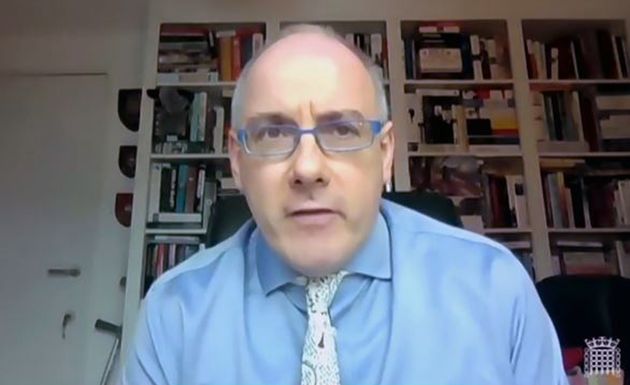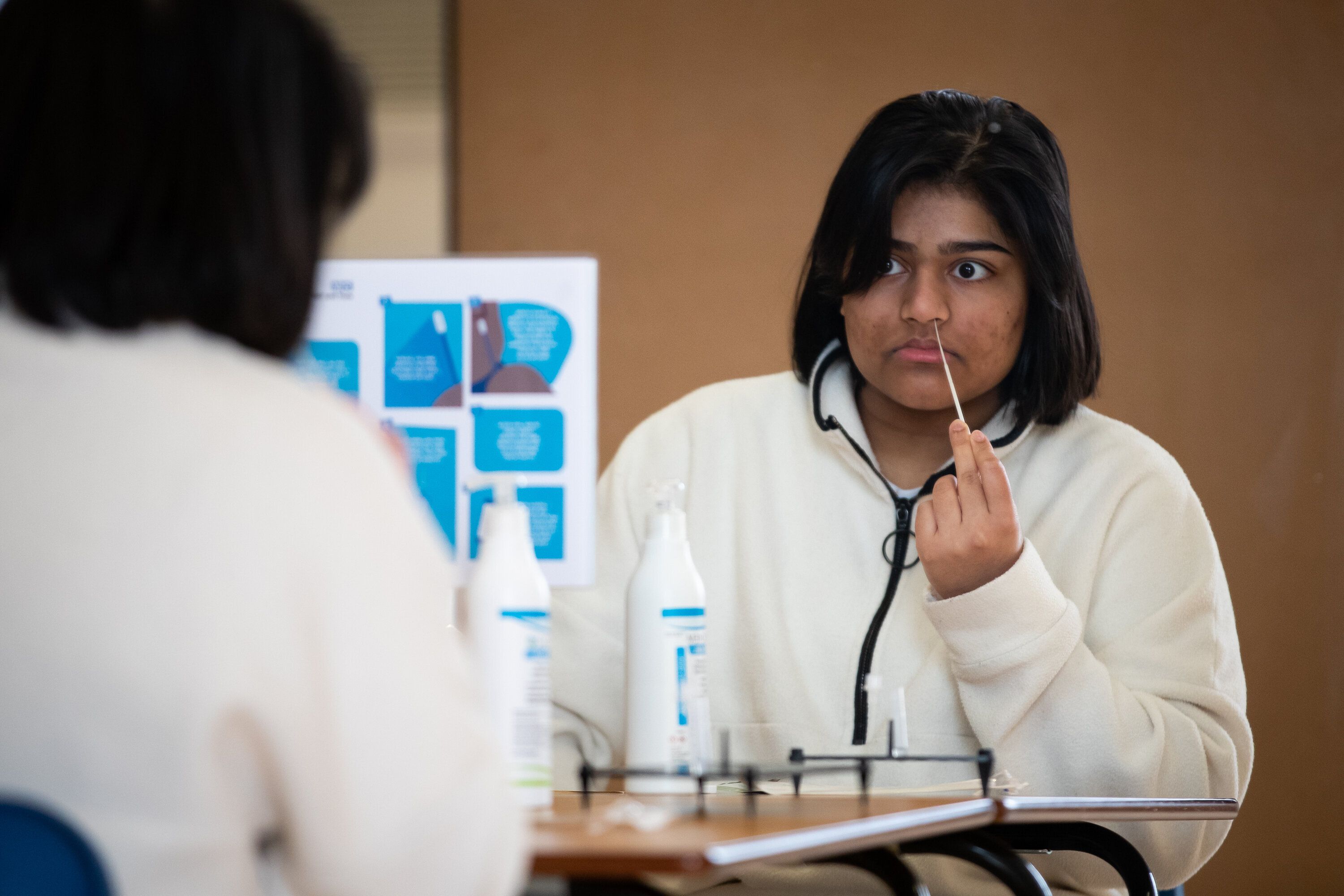A strike ballot organised by the UK’s largest education union will go “down to the wire”, HuffPost UK understands.
The National Education Union (NEU), which represents around 450,000 teaching staff across England, Wales and Northern Ireland, is currently holding a formal ballot calling for a “fully-funded, above inflation pay rise” following a decade of eroded wages.
A preliminary indicative ballot by the NEU in October showed strong support among teachers and support staff for taking industrial action to achieve a pay rise — but there are fears that turnout for the formal postal ballot has been hampered by Royal Mail strikes and bad weather.
Under the Trade Union Act, NEU members are bound by higher turnout thresholds to push through strike action.
The union must achieve a turnout of 50% in both the teacher and support staff ballots. Some 40% of those eligible to vote must back strike action for it to go ahead.
A source close to the Trades Union Congress (TUC), which represents unions across England and Wales, told HuffPost UK: “The result is going to be very close in terms of turnout.
“The NEU could meet the threshold or it could not — it’ll be down to the wire.
“The fact that the NEU is on the verge of this historic result, despite the massive barriers of the Trade Union Act, shows how angry teachers are about the way they’ve been treated and the formidable NEU data-led operation.”
They added: “It’s true the situation at Royal Mail could delay some ballots and this could make it very close, so individual votes will matter.”
If teachers back strike action, it will create another headache for the government which is so far refusing to back down on union pay demands — increasing the likelihood that disruptive strikes could go on for months.
Already this week the government is battling a series of damaging walkouts by the RMT and Aslef rail unions which began on January 3 and will finish on Saturday.
Nurses will also go on strike on January 18 and 19 unless negotiations are opened, having already withdrawn their labour for two days in December.
And in Scotland, primary school teachers will walkout on January 10 and secondary school teachers on January 11, with more strikes planned for later in the month and into February.
The average primary classroom teacher in England currently earns £38,200, rising to £41,600 for a secondary classroom teacher.
Heads of primary schools typically take home £67,400, which rises to £94,900 for the average secondary school.
The government has offered most teachers a pay rise of 5% for this year, up from an original offer of 3%. Those who are newly qualified will receive a pay rise of 8.9% to meet the Department for Education’s (DfE) commitment to increase starting salaries to £30,000 by 2023.
However, the teaching unions argue that the pay offers amount to a real-terms pay cut given that the rate of inflation stands at 10.7%. Research by the NEU estimates that its members have lost a minimum of £64,350 in earnings since 2010.
Last year, the NEU’s indicative ballot found that 86% of teachers would be prepared to take strike action to demand a pay rise, on a 62% turnout.
A separate ballot of school support staff also strongly supported taking strike action over pay, with 92% of staff rejecting the government’s offer and 78% backing industrial action.
The NEU’s formal postal ballot will close on January 13 next year, with strikes potentially taking place towards the end of the month.
Fellow teaching unions the National Association of Schoolmasters Union of Women Teachers (NASUWT) and The National Association of Head Teachers (NAHT) are also holding strike ballots for members in England and Wales that will close on January 9 and 11, respectively.
Sources within the education sector expressed concern that strikes by the Communication Workers’ Union (CWU), whose members work for Royal Mail, have resulted in some members not receiving their ballots on time, potentially hampering turnout.
The CWU has not yet announced strike dates for 2023 but held walkouts over the Christmas period, including on Christmas Eve, in a bitter dispute with Royal Mail over pay.
If the turnout threshold is reached and strike action is approved, around 24,000 schools in England and Wales could be forced to close as children are sent home.
“The knock-on impact on parents and wider society will be huge,” the source said.
“The government can continue to pretend there’s not a problem or sort it out. Teachers are simply tired of what’s happened to education since 2010 and the strength of feeling is high.”
A spokesperson for the NEU said the union was confident that the thresholds for strike action would be met and that members would be able to re-order any mislaid postal ballots.
“The NEU supports the CWU and the postal workers’ strike,” they said.
“Despite the unfair threshold set by government for strike action to go ahead we are confident our members will vote in the margins required for action to take place. The NEU ballot for strike action for a fully-funded pay increase closes on the January 13 and the results will be known shortly afterwards, most likely on January 16.
“Until this date we will not have the final numbers. It is an indication of the anger felt by teachers and support staff that the union’s electronic indicative ballot had an overwhelming yes vote for action resulting in the union moving ahead with a formal ballot.”
They added: “Through successive below inflation pay rises teachers and support staff have suffered losses of over 20% in salary since 2010. Many are leaving the profession. Government recruitment targets are missed year on year and nearly a third of teachers leave within the first five years of entering the profession. Something has to change.
“Government needs to start negotiating in good faith with the education unions to ensure children get the education they deserve, and teachers and support staff are fairly paid for the vital role they play.
“We don’t want to have to take this action — and we are calling on government to negotiate. It is in the government’s gift to avert these strikes with a new offer on a fully funded pay rise.”
In response, sources at the DfE said plans were being put in place to minimise any disruption if strikes do take place.
They said the best way of making money go further in schools was for the government to tackle inflation and for schools to be made away of the “resource management” available to them.
They also pointed to the £5 billion in funding to help children recover from lost learning in the aftermath of the pandemic, including more than £1 billion for the national tutoring programme.
A DfE spokesperson said: “There are no great schools without great teachers which is why we are making the highest pay awards in a generation – 5% for experienced teachers and more for those early in their careers, including an 8.9% increase to starting salary.
“We are also investing an additional £2 billion in schools next year and £2 billion the year after, taking school funding to its highest-ever level.
“After two years of disrupted education for young people, strike action is simply not a responsible solution.”
The CWU has been contacted for comment.


